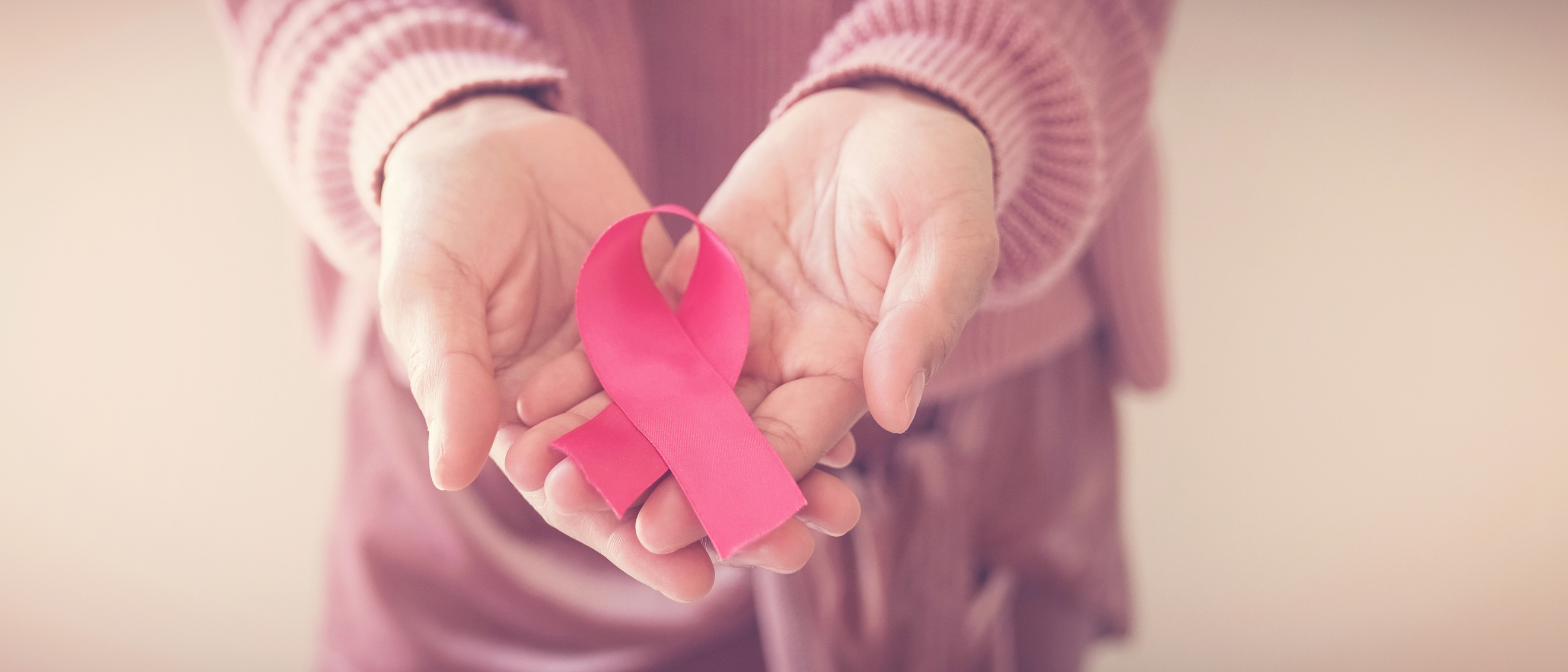The World Cancer Day takes place every year on the 4th of February. It’s a day where people unite and take action against cancer. This global event aims to save millions of preventable deaths by raising awareness about cancer symptoms, diagnosis, treatments and the latest research.
Mynurva understands the significance of this event and what it aims to do. To show our support, we have written this short article about how cancer can affect mental health and what can be done to ensure that cancer patients, their family members, friends and caregivers are all looking after their mental well-being during such a challenging time.
How can cancer affect you mentally?
Cancer can change one’s life dramatically; there will be a lot of uncertainty and confusion during this time, leading to unstable emotions and feelings. Some days you may feel optimistic about the process and outcomes, but there may be other days when you may experience loneliness, anger, depression, and distress.
If these uncomfortable emotions are constant and overwhelming, it may negatively impact your mental well-being and influence how you live your life daily. Below we have a few tips on how you can manage these emotions so that you can look after your mental health and well-being during and after cancer:
- Support from your closed ones
Being diagnosed with cancer can cause many intense and overwhelming emotions which may be challenging to manage and handle alone. Keeping these emotions to yourself can cause you to feel powerless and lonely.
During this time, seek support from those closest to you so, don’t be afraid to reach out to your loved ones. Try to spend time with them and share your concerns and feelings.
- Be organised and educate yourself about the effects of cancer and treatments
Educating and being informed about treatments, medications, and side-effects will allow you to stay prepared. If you aren’t clear about something or have questions and concerns, talk to your doctors and nurses. Additionally, ask for resources, books or leaflets that may give you more insights on what you can expect during and after cancer diagnosis and treatments.
- Relaxing Activities
Do things that you find relaxing. Whether it's meditations, treating yourself to a spa day or a warm bath with some soothing music, find some time to look after your body and mind.
- Physical activities
Keeping active improves your physical health and encourages positive mind-set. If you don’t often work out, start with something small like walk around the block for 15 minutes, short stretching exercises or yoga session at home.
- Eat well
During treatment, eating can be difficult due to side effects such as a change in your sense of smell and taste, losing your appetite, feeling sick, constipation, and more. Thus, cancer patients may lose weight and have less energy which can harm their mental health. This is why eating healthy is crucial; it helps you keep your strength and energy up and help you cope with treatment side-effects, fight off infections, and help you recover faster.
- Sleep well
It is essential to maintain a good night routine and get enough sleep regularly. Have an excellent pre-bed routine and aim to get at least 8 hours sleep. If you have rough any nights, take short naps during the day to regain your energy.
- Hobbies
Creative activities and hobbies such as drawing, writing, knitting and cooking can be relaxing and fulfilling. It will help you take your mind off things allowing your mind and body to relax.
- Phycological Service and Therapies
Having unstable emotions during and after cancer is typical, but if you are regularly feeling anxious, depressed, stressed out and worried, you may want to seek help from a therapist or a counsellor. You can even join support and therapy groups if you feel like sharing and listening to those in the same situation.
Tips for the caregivers, family and friends.
Your role as a caretaker is a crucial one. You need to be supportive and ensure that you have a positive mind-set. Understanding that your loved one is probably feeling overwhelmed and highly emotional and sensitive, so listen well and respond carefully. One of the most effective ways to show support is by simply being present and responsive.
Furthermore, you as a caretake also need to take care of your mental well-being. Acknowledge your feelings and emotions and take care of yourself. Know that it is okay to have bad days and ask for help; talk to your closest friends, family members or seek help from other sources such as online support communities, programs and services.


